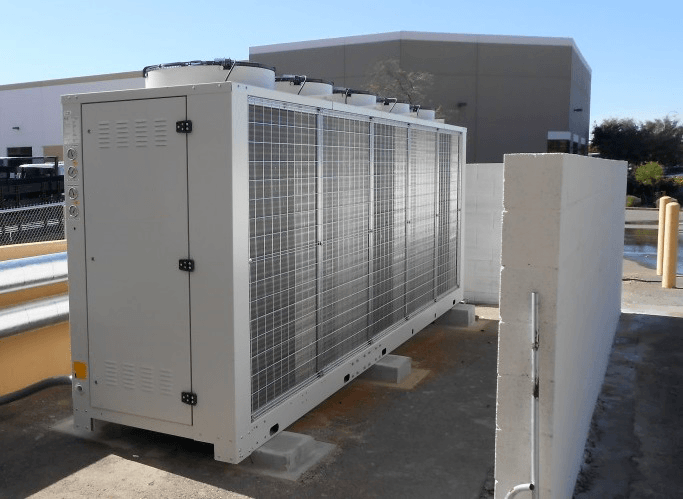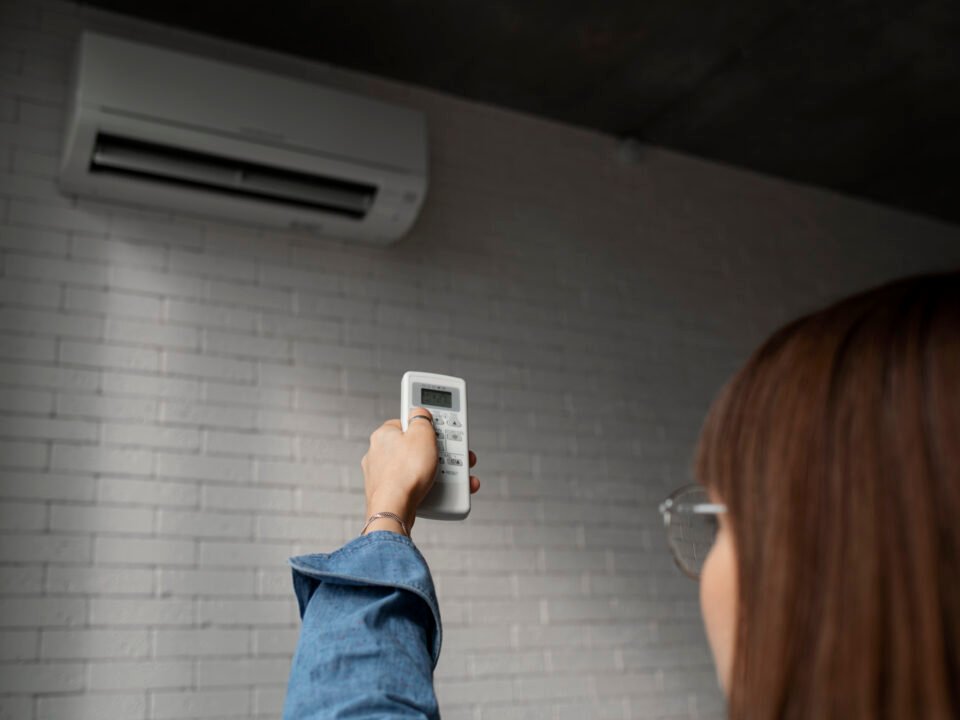
WHEN TO CALL A COMMERCIAL REFRIGERATION REPAIR PROFESSIONAL
As a business owner, you rely on your commercial refrigeration equipment to keep your perishable goods safe. But accidents happen and when your commercial refrigeration equipment breaks or doesn’t perform well, you risk losing a lot of money.
If you’re like most owners, you set aside between one and three percent of your sales towards maintenance and repairs. But how do you know when it’s time to speak with a commercial refrigeration repair professional?
You need to learn to recognize issues before they become major problems.
Here are a few of the most common commercial refrigeration issues and what you can do to decide if it’s time to call an expert.
Ice Buildup Inside the Refrigerator
Commercial refrigerators are cold, so it makes sense that ice would form inside the unit. But they’re actually designed to keep ice buildup to a minimum.
If you see ice collecting on shelves, doors, and the back of the unit, you have a problem. But it’s not always cause for alarm.
First, check the door and make sure it seals properly. Close the door and use your hand to check for drafts around the seal. If you feel cold air leaking, the ice is likely due to an improper seal.
Make sure nothing is pushing against the door inside or blocking the rubber seal from keeping the warm air out.
If the door seals, call your repair expert. The problem may be due to inadequate air circulation or issues with the coils inside the system. Your repair technician will diagnose and fix the problem quickly.
Once they do, ice buildup shouldn’t be a problem.
Unexpected Temperature Fluctuations
When your refrigerator and freezer are working properly, they should maintain consistent temperatures throughout the day. Remember, commercial equipment compensates for the frequent opening and closing of the refrigerator doors.
If you notice the system not keeping up with your thermostat setting, make sure the door closes and seals. Then, check the air intake system and make sure nothing is clogging the unit. Without adequate airflow, the refrigerator can’t maintain your ideal temperatures.
If nothing looks out of place and everything else seems like it’s working properly, schedule a repair appointment.
Loud Noises When System Starts Cooling
Every commercial refrigeration system makes noise when it runs. But after installation, you’ll learn what counts as a normal amount of noise and what’s cause for concern.
Pay attention to the sounds the unit makes when it’s running. If you hear a grinding or clanking noise or notice louder-than-usual sounds, call a repair expert.
Leaving mechanical issues to sit increases the amount of wear and tear on the unit itself. Over time, this can lead to more frequent and expensive repairs, stretching your budget when you least expect it.
The System Won’t Turn On
A refrigeration system that won’t turn on is every business owner’s nightmare. Food must get thrown out after just four hours without active refrigeration.
If the system isn’t turning on, check the power supply. It may have gotten knocked out of place during the course of the day. And always make sure it’s plugged directly into an outlet.
Extension cords and power bars aren’t rated for the necessary power load. If your equipment can’t get the electricity it needs, it won’t run.
Should the equipment not turn on after checking the power supply, contact your repair expert immediately. The sooner you get the system up and running, the less risk have of losing your inventory.
Interior Lighting Issues
Lighting issues may not compromise the safety of your inventory or cause the refrigerator not to work. But they are an inconvenience that can slow your team down.
First, replace the bulbs inside the refrigerator. With heavy use and frequent opening, the bulbs may have simply burned out.
Just make sure to use a manufacturer-approved light bulb. Some bulbs are simply too powerful for your refrigerator’s wiring and may damage the light sockets, leading to costly repairs.
If the lights still won’t turn on, make an appointment with your technician.
The problem may be with the light socket itself. And like all electrical work, it’s best to leave it to the pros.
Water Pooling Around the Unit
Water is an integral part of the refrigeration process. But it should never leak out of the system.
If you see a puddle on the floor in front of the unit, first check the drainage hose. If it’s clogged, kinked, or otherwise blocked, it can’t siphon water and moisture out of the unit.
If the hose is fine, check your evaporator pan. Under normal conditions, the compressor coils will keep the pan from filling up. If the pan is full, you have a problem with the compressor that needs to get taken care of by your repair expert.
Don’t Put Off Commercial Refrigeration Repair
If you’re ever worried that your commercial cooler or freezer isn’t working properly, don’t wait until the system breaks down entirely. Schedule a commercial refrigeration repair with your trusted technician as soon as possible. The sooner the problem gets fixed, the less severe the damage will be.
At BIMS, we know that commercial refrigeration equipment is what keeps your business running smoothly. And when it stops working, you stop working.
Let our team keep your system running no matter how much use it gets. Contact us today to book an appointment.






